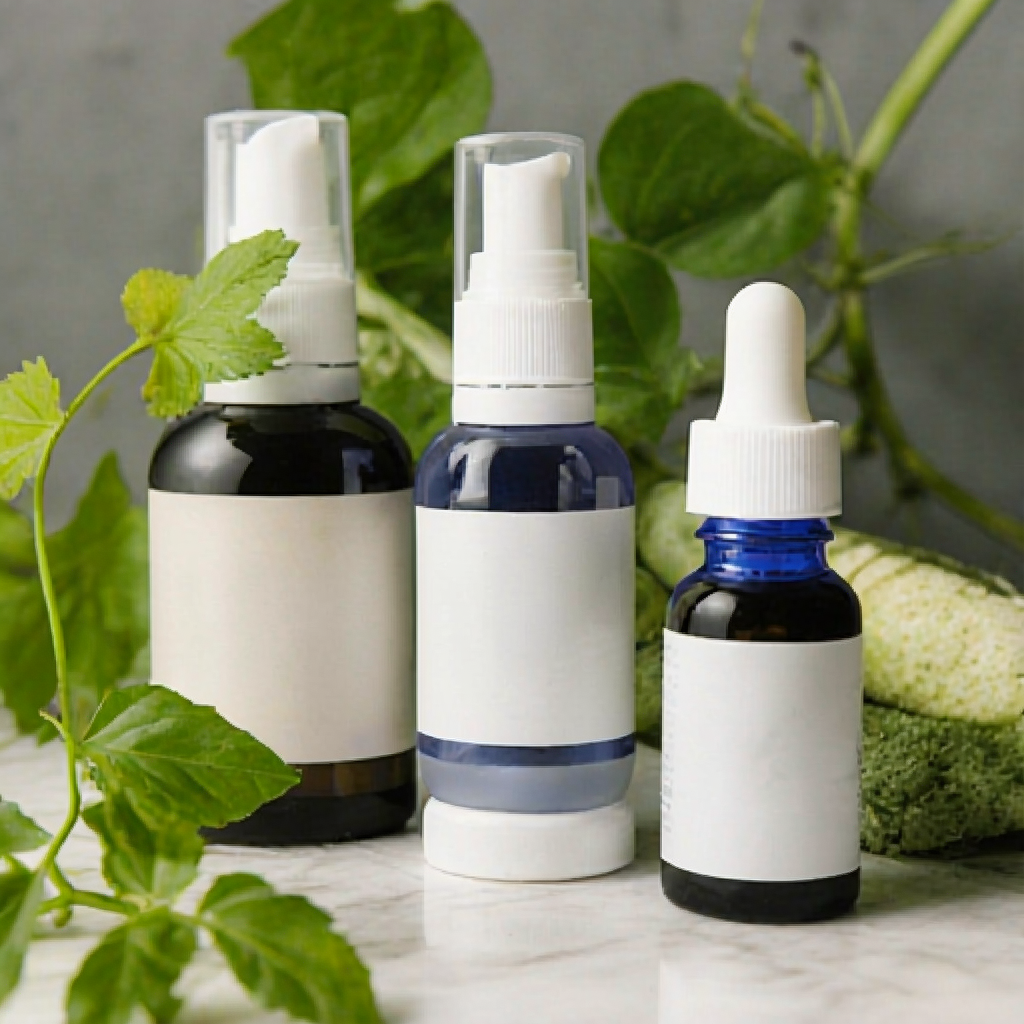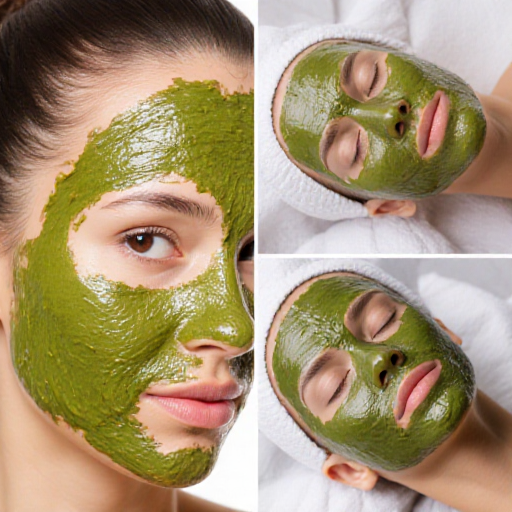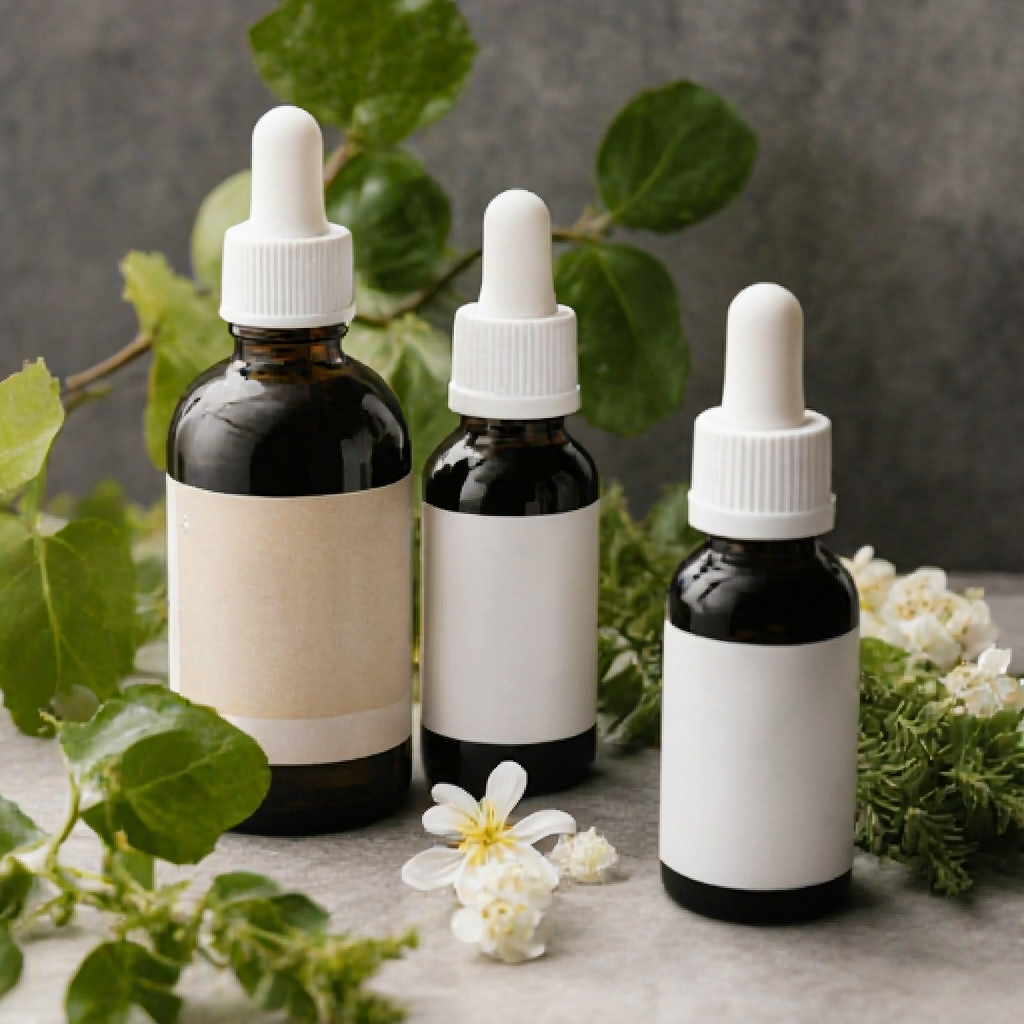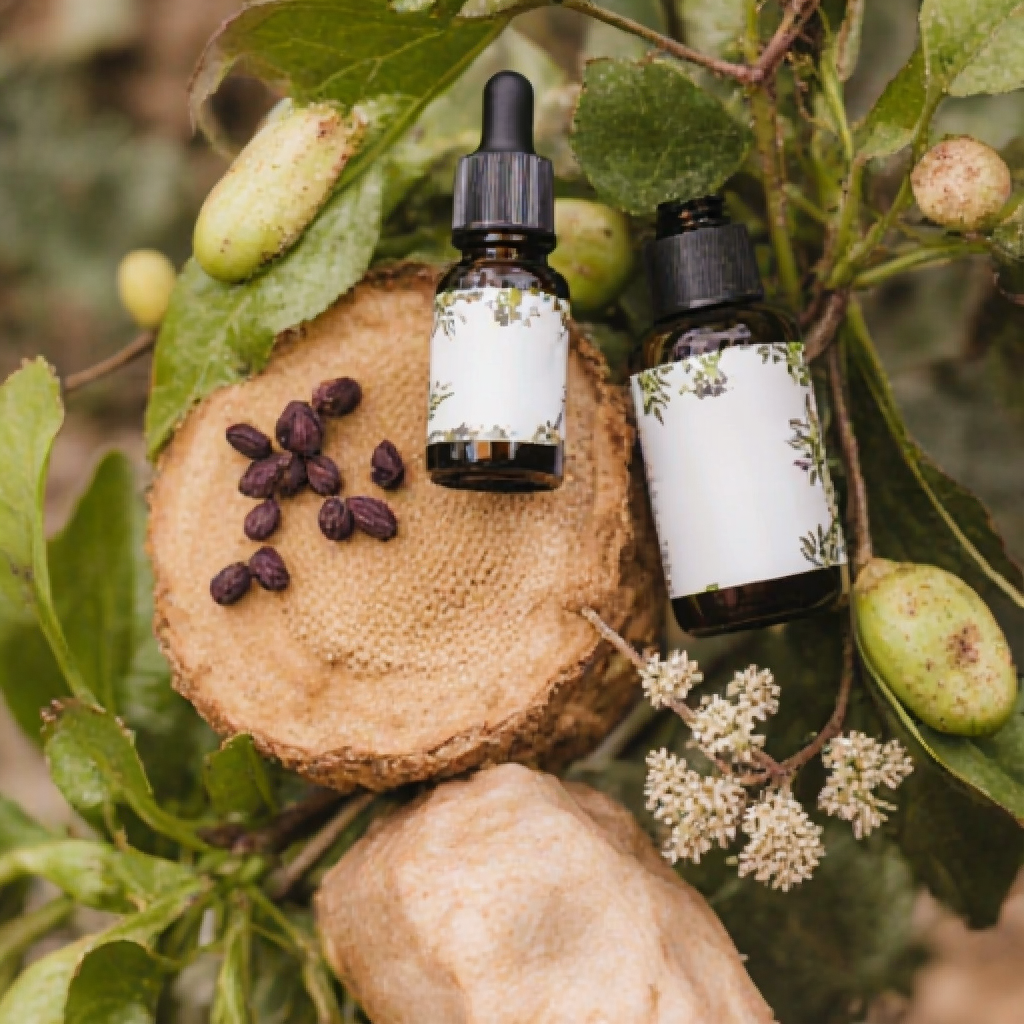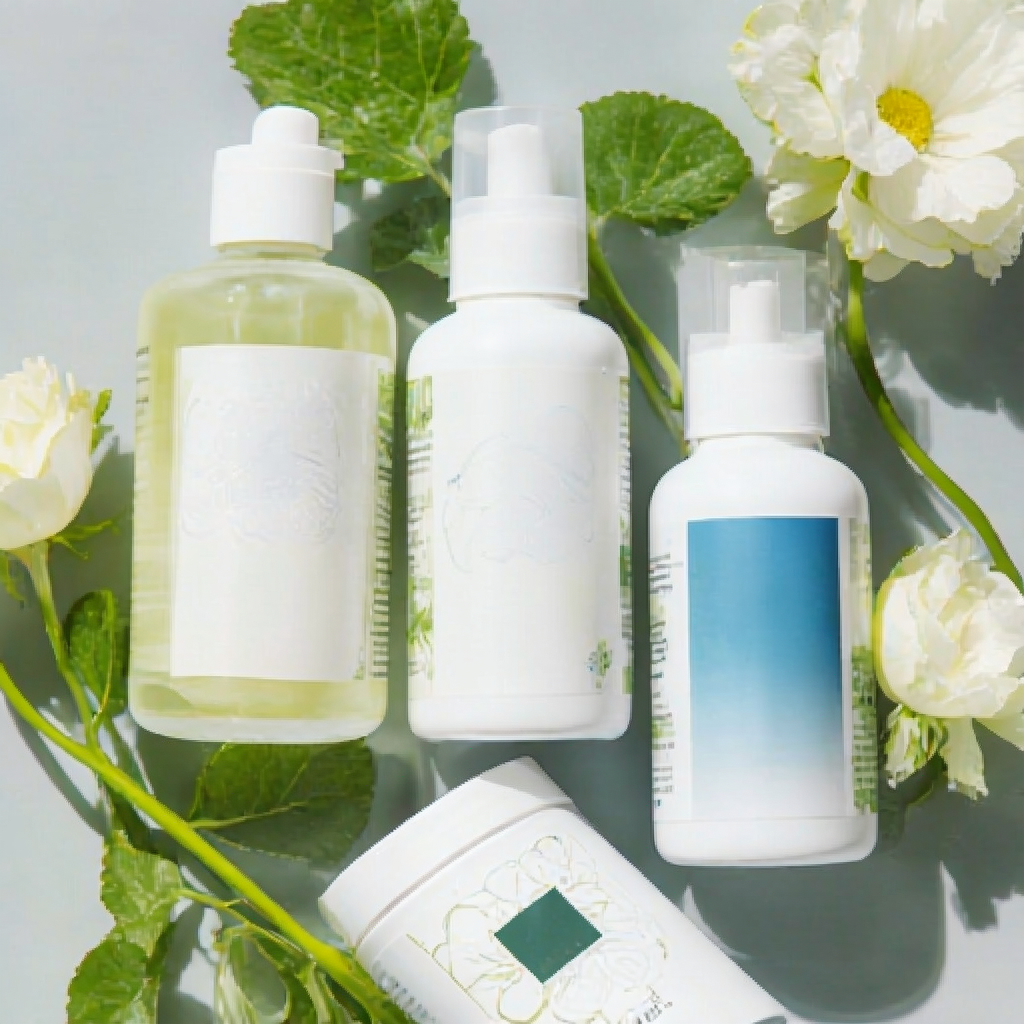Choosing cruelty-free organic skincare is becoming increasingly important for conscious consumers. In 2026, more people are seeking products that are effective, gentle on the skin, and ethically produced. With so many brands on the market, it can be challenging to determine which products truly meet cruelty-free and organic standards while delivering real results.
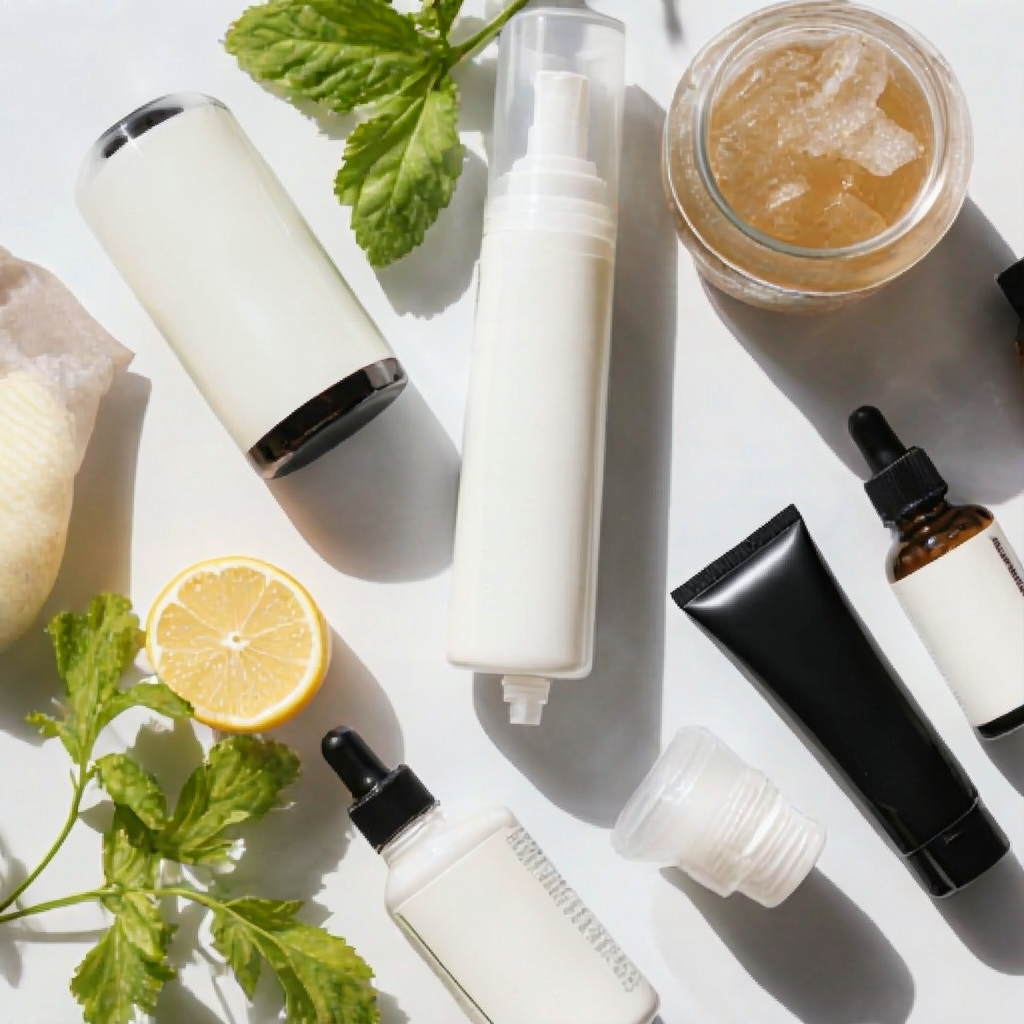
Table of Contents
- What “Cruelty-Free” Really Means
- Understanding Organic Certifications
- Key Ingredients to Look For
- How to Verify a Brand’s Cruelty-Free Claims
- Evaluating Product Effectiveness
- Tips for Building a Cruelty-Free Skincare Routine
- Common Misconceptions About Cruelty-Free Organic Products
- Conclusion
1. What “Cruelty-Free” Really Means
Cruelty-free skincare products are those that are not tested on animals at any stage of development. This includes ingredients, formulas, and final products. Look for certifications from recognized organizations such as:
- Leaping Bunny
- PETA’s Beauty Without Bunnies
- Choose Cruelty-Free (CCF)
A cruelty-free label ensures ethical practices, but it does not automatically guarantee that a product is organic or effective.
2. Understanding Organic Certifications
Organic skincare uses ingredients grown without synthetic pesticides, GMOs, or harmful chemicals. Certifications to look for include:
- USDA Organic
- COSMOS Organic
- Ecocert
These certifications verify that the product contains a significant percentage of organic ingredients, providing cleaner, safer formulations for your skin.
3. Key Ingredients to Look For
Effective cruelty-free organic skincare often includes potent plant-based actives:
- Aloe Vera: Hydrates and soothes skin naturally
- Rosehip Oil: Supports collagen production and elasticity
- Green Tea Extract: Antioxidant-rich to protect against environmental stress
- Chamomile & Calendula: Calm irritation and sensitive skin
- Jojoba & Argan Oil: Provide moisture without clogging pores
Selecting products with science-backed ingredients ensures you get both ethical and effective skincare.
4. How to Verify a Brand’s Cruelty-Free Claims
- Check official certifications: Look for Leaping Bunny or PETA logos on packaging.
- Review brand policies: Check the website for their stance on animal testing.
- Research ingredient suppliers: Cruelty-free brands often ensure all ingredient sources follow the same principles.
- Read trusted reviews: Customers often share experiences regarding product efficacy and ethical practices.
Verifying claims helps avoid “greenwashing,” where brands falsely market themselves as ethical.
5. Evaluating Product Effectiveness
Cruelty-free organic products should still deliver visible results. Consider:
- Skin type compatibility: Match products to your skin’s needs (dry, oily, sensitive, acne-prone).
- Key actives and concentrations: Ingredients like antioxidants, hyaluronic acid, and botanical oils matter more than labels alone.
- Consistency of use: Natural ingredients often require consistent application to show benefits.
- Multi-purpose formulas: Many organic products offer hydration, repair, and protection in one, making routines simpler and effective.
By focusing on results, you ensure that ethical choices do not compromise skin health.
6. Tips for Building a Cruelty-Free Skincare Routine
- Start with the basics: Cleanser, toner, moisturizer, sunscreen
- Add targeted serums: Incorporate antioxidants, adaptogens, or plant-based anti-aging actives
- Use gentle exfoliation: Natural exfoliants like oatmeal or rice powder avoid irritation
- Incorporate masks weekly: Clay or botanical masks enhance hydration and remove impurities
- Simplify your routine: Fewer, high-quality products often outperform complex routines
A thoughtful approach balances efficacy, ethics, and skin health.
7. Common Misconceptions About Cruelty-Free Organic Products
- “Natural means ineffective”: Many plant-based ingredients are scientifically proven to deliver results.
- “Cruelty-free is more expensive”: While some brands are premium, affordable and effective options exist.
- “Organic doesn’t need preservatives”: Properly formulated organic products use safe, natural preservatives to maintain stability and safety.
- “All certified brands are fully ethical”: Verify certifications and ingredient sources to ensure true compliance.
Understanding these misconceptions helps consumers make informed choices.
8. Conclusion
Selecting cruelty-free organic skincare brands requires awareness, research, and a focus on effective ingredients. By prioritizing verified ethical certifications, plant-based actives, and routines tailored to your skin, you can enjoy both results and peace of mind.
For those seeking guidance on starting a responsible and effective skincare routine, explore Organic Skincare for tips, product recommendations, and expert advice.

